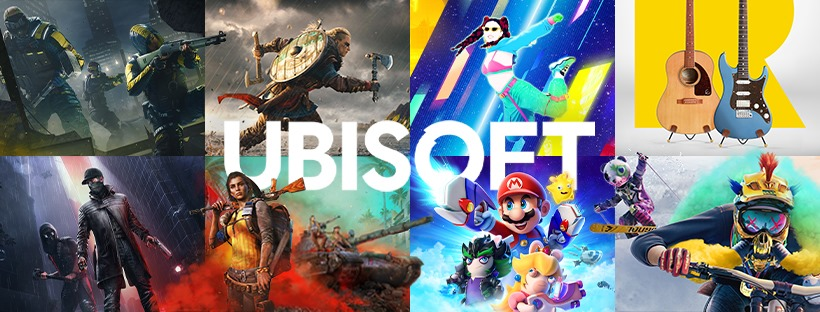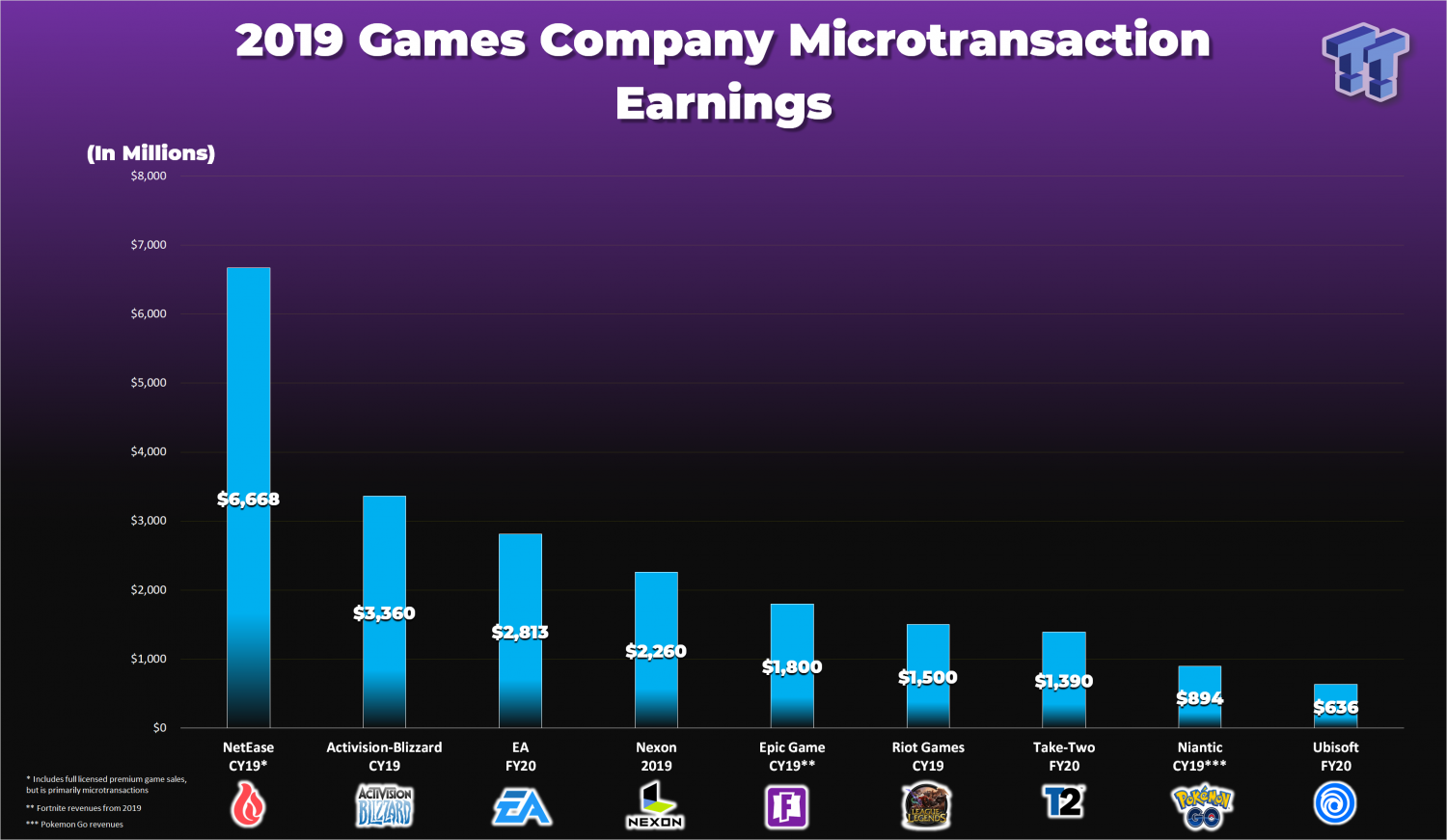Ubisoft recently made a statement in their 2024-2025 annual report where they stated that monetizing games with microtransactions makes it more fun for the player experience. And quite frankly, it didn’t go too well.

Our monetization offer within premium games makes the player experience more fun by allowing them to personalize their avatars or progress more quickly, however this is always optional. – Ubisoft Annual Report 2024-2025.
Understandably so, many gamers are quite upset with this statement. In fact, the idea of paying for trivial content after already paying for the game has been a controversy within the gaming world for quite some time.
Ever since the dawn of the infamous DLC horse armor in The Elder Scrolls IV; Oblivion, which did little to nothing to benefit the player other than a flashy cosmetic for your “less-than-functional” mount, people have become aware and wary of an idea that has plagued modern gaming ever since its conception: microtransactions.

From virtual currency, to exclusive skins, cosmetics, and content; many multiplayer games such as Fortnite, Star Wars Battlefront II and Call of Duty have implemented the usage of “paying for a boost” as an option to advance in the game besides normal progression.
It seems lately there has been a trend in the over-reliance of microtransactions for gaming companies to profit off their consumers. To the point where the main strategy is turning progression within games so that effort alone is not enough to advance, but rather to make any sort of significant progress, you pay for the virtual currency or content to speed up your advancement in the game.

Sure, we can say that if you’re pressed for time. They can be a handy little pick-me-up if you want to simply enjoy the game at your own pace without the need for a forcibly placed learning curve. But that’s what they should be, optional boosts for you that you don’t need to normally progress. We can excuse cosmetics like exclusive skins or emotes (even if it would be easier to just make them accessible through normal progression).
But when the model shifts into a “pay-to-win,” when it actively preys on gamers, when the entire game revolves around the microtransactions to proceed, that’s when it becomes a problem. At that point, you’re flashing a wad of cash at your game and automatically winning rather than actually playing the game.
And that, to many gamers, is not what gaming is supposed to be. But with big companies like Ubisoft actively pursuing microtransactional purchases even in singleplayer games, and EA CEOs suggesting that players pay a dollar for a reload since gamers aren’t “pressed for money in the heat of the moment,” there seems to be no end in sight for the massive wave of microtransactions towards the world of gaming.